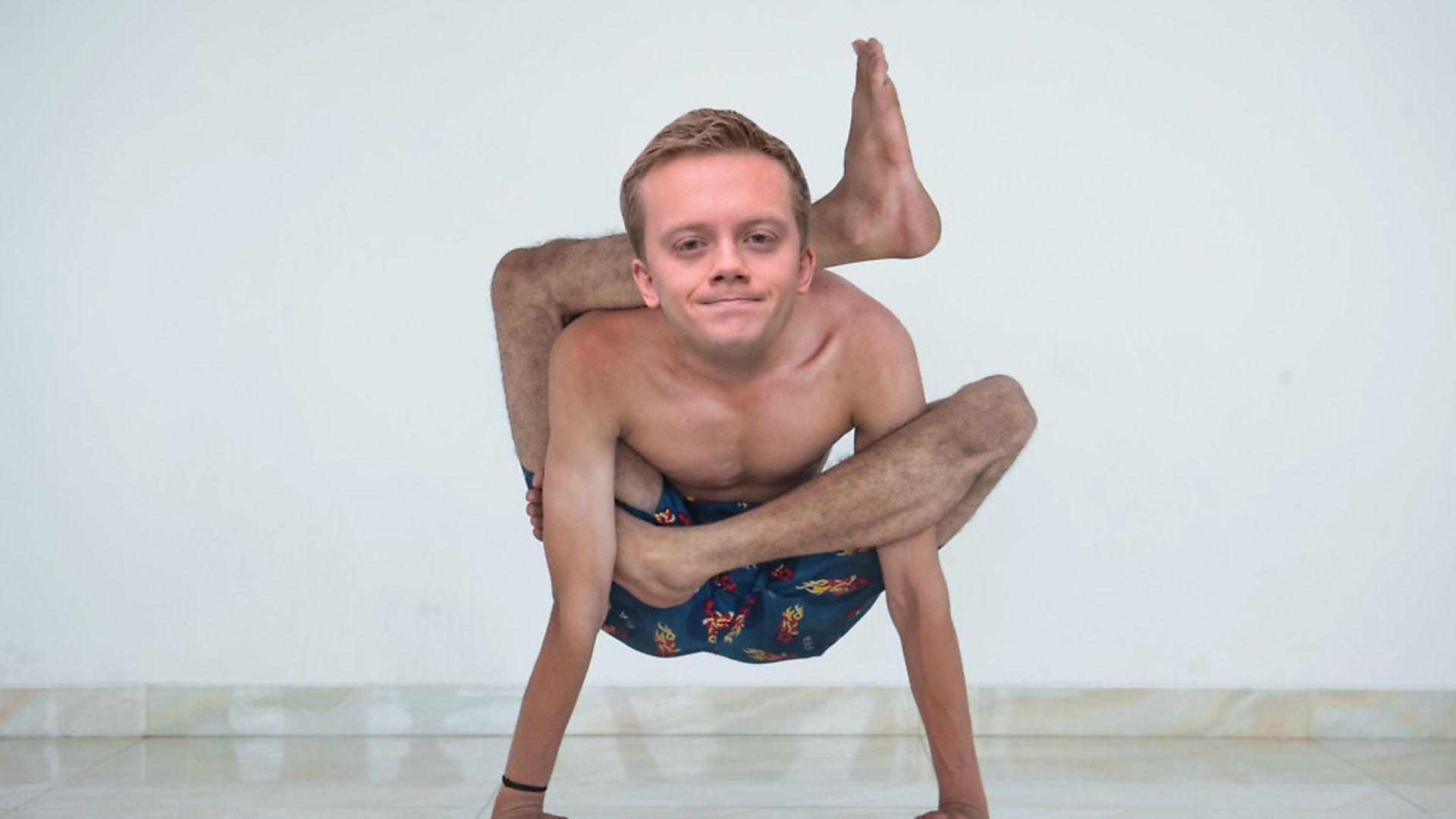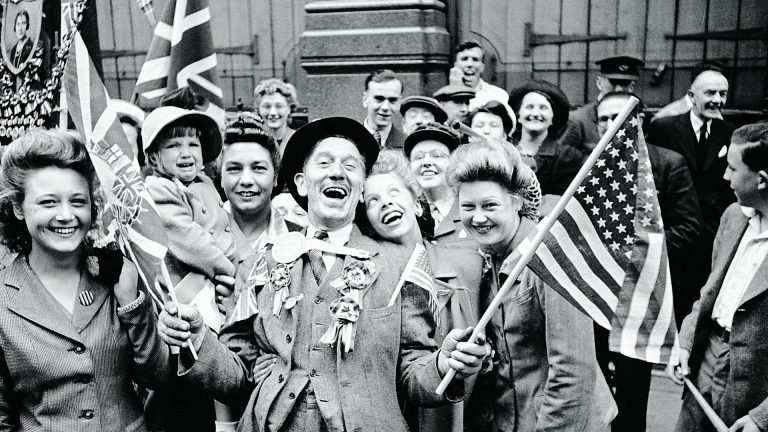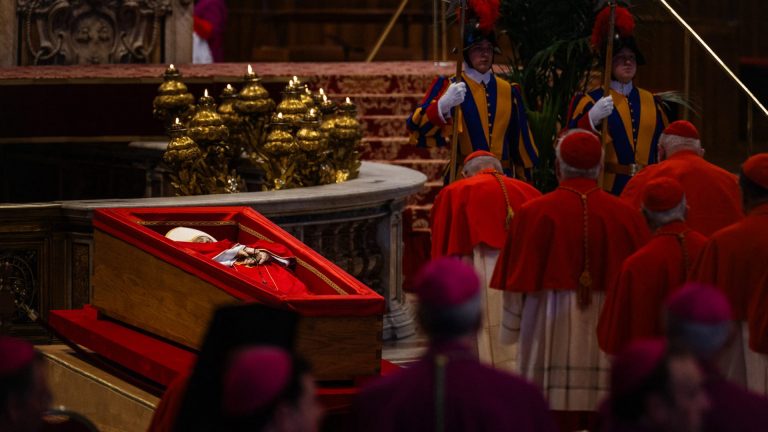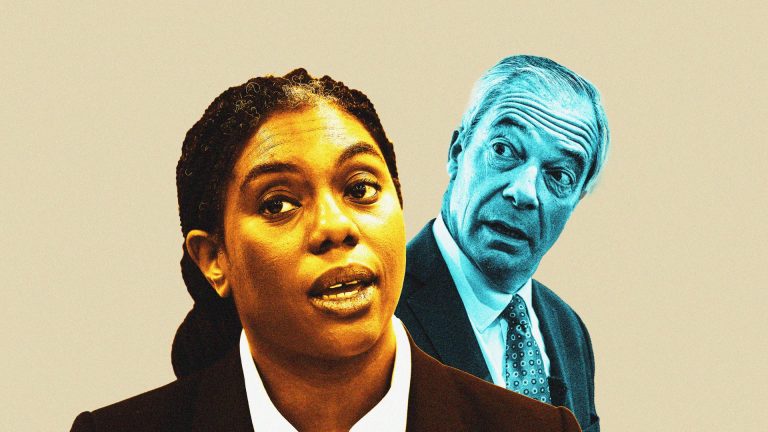
Jeremy Corbyn’s most vocal fan is going to extreme lengths to defend his idol from Labour’s anti-Semitism crisis. DAVID PAXTON analyses his increasingly-tortured logic.
When, in March 2016, Jonathan Freedland addressed Labour’s growing anti-Semitism problem in an article for the Guardian, he made sure to include the oft-repeated line: ‘No one accuses him [Jeremy Corbyn] of being an anti-Semite’. The Labour leader’s now infamous response to this judicious article? ‘Utterly disgusting, subliminal nastiness, the whole lot of it,’ Corbyn said. ‘He’s not a good guy at all. He seems kind of obsessed with me.’
If this attitude made the subsequent shift from problem to crisis appear inevitable, spare a thought for Corbyn’s champions in the media, who decided from the beginning that he was blameless.
Chief among these is Owen Jones. A ubiquitous television presence with an enormous following on social media, and a Guardian columnist himself, Jones began the defence of Corbyn during his first leadership campaign, after his previous associations with anti-Semites were brought to light. Or as Jones prefers, ‘guilt-by-association smears’.
Jones constructed an argument which he has merrily deployed ever since: Labour must take anti-Semitism seriously, but none of this has anything to do with Corbyn and it’s being used nefariously by political opponents. Jones’ fight against anti-Semitism has been selective, though. When his friend Jackie Walker was suspended by Labour for anti-Semitic comments, he did act. He declared the ‘outrageous suspension’ as having ‘no justification’ and asked his followers to email the party general secretary to have her reinstated. In March this year, when it was revealed Corbyn had participated in the Facebook, ‘Palestine Live’, Jones, who had previously been vocal about other Facebook group revelations from Tories, said nothing.
The scandal exploded. Here was a huge discussion about anti-Semitism in Labour, the leader of his party was implicated, it went on for days. But nothing. The public commentator had no comment.
Then the anti-Semitic mural resurfaced and kicked up a storm. Jones kept his counsel until Corbyn eventually released a statement. It was all a fuss about nothing, of course, because Corbyn simply hadn’t looked at the content of the controversial mural he was supporting during a controversy about the content of the mural. Within moments of the statement, Jones tweeted his ‘relief’ that there was nothing to worry about.
In those tweets, Jones declared an ‘all-out war’ against Labour anti-Semitism. He even included a flexing bicep emoji to underscore the vigour with which he would prosecute this ‘ceaseless war’.
Circumstances soon provided Jones with an opportunity to deploy his battalions when, in response to the mural, several Jewish groups and organisations, and many unaffiliated people merely concerned, decided to march in Westminster to show their anxiety about the leadership and the current malaise. Their slogan was ‘enough is enough’. Jones didn’t attend, but instead tweeted to explain that one of the people present was being insincere, and to post an article in opposition to the march to provide ‘balance’. Balance to an anti-racist protest.
And so, for Jones, the war was over, before it ever really began. His responses then and subsequently have seemingly been of a familiar type: silence when possible and, if forced to comment, outrage – but always with a view to protecting Corbyn and the project. Which brings us to the last fortnight.
First a video surfaced of Corbyn addressing a crowd where he compared the length of the blockade of Gaza to the siege of Leningrad and the battle of Stalingrad combined. Labour have since stated he was not comparing the actions of the IDF to the Wehrmacht, but merely the time frame. As if the rhetorical worth of Leningrad and Stalingrad lies in comparative time frames (for example, the Labour anti-Semitism saga has now been going on for 7.2 Stalingrads). This was a comparison between the actions of contemporary Israel and the Nazis. About this comparison, Jones said nothing.
Another video surfaced from one of Corbyn’s appearances on the propaganda station of Iran. In the interview he confessed, without any evidence, to ‘suspecting the hand of Israel’ behind the terrorist violence which included an attack on Israel itself. A false flag terrorist attack against their own country. This is unambiguous conspiratorial anti-Semitism. Compare this with the response to the Skripal poisoning where, despite evidence and expert opinion fingering the Russian state, Corbyn worked hard to avoid accusation. Israel had been treated by different standards. Jones said nothing.
It got worse. It was revealed that Corbyn hosted and chaired a meeting on Holocaust Memorial Day as part of a tour reportedly titled ‘Never Again for Anyone – Auschwitz to Gaza’. Leaflets handed out at the event juxtaposed Holocaust victims with people in Gaza. That is Holocaust minimisation and Holocaust reversal.
The main speaker at the event was a survivor of Auschwitz. He claimed the Israelis ‘act like the Nazis’ and that Elie Wiesel, the writer and Holocaust survivor, was the ‘high priest’ of the Zionists’ ‘Holocaust religion’. In a rare act of apparent contrition, Corbyn released the following statement: ‘Views were expressed at the meeting which I do not accept or condone. In the past, in pursuit of justice for the Palestinian people and peace in Israel/Palestine, I have on occasion appeared on platforms with people whose views I completely reject. I apologise for the concerns and anxiety that this has caused.’
When an Auschwitz survivor starts saying these things, I accept that for a non-Jewish person, so detached from the Holocaust in comparison, it’s difficult to tell him to stop. We’re just not in the position to do so. And nor is Corbyn, and he knows we know this. Jones was quick to use this dilemma when he wrote ‘What would Corbyn have said to the Holocaust survivor?’
So despite the apology there apparently wasn’t much to apologise for. Unfortunately, this ignores certain factors: Reports suggest other Jews in the audience tried to dispute the thesis of the main speaker. Corbyn, as the chairman, apparently wouldn’t allow them to and saw to it that those in disagreement or ‘completely rejecting’ were removed. Including another Holocaust survivor. When sat there, Corbyn might have felt unable to protest (as Jones suggests), but that starts the story in the middle. Corbyn didn’t have to be there at all, and what was said at the meeting could hardly have been a surprise, considering the theme. He chose to be in that position and now chooses to pretend he had no idea. Corbyn didn’t just ‘appear on a platform’ as per his statement and Jones’ theory of unfortunate luck when being pro-Palestinian doesn’t stick. He provided the platform in parliament. He hosted the event. ‘I have shared platforms with people I gave platforms to’ isn’t the excuse he thinks it is. The survivor wasn’t the only person of concern on the platform. And here is the rub: Corbyn hosted the event on Holocaust Memorial Day, with a theme clearly implying that Israel was guilty of similar crimes to those commemorated. It’s one of the most offensive things I have heard a contemporary politician knowingly do. But the fortnight wasn’t over.
Weeks ago, it was reported that National Executive Committee member and candidate Peter Willsman had ranted about ‘Trump fanatics’ in the Jewish community instigating complaints about anti-Semitism. He further suggested he had never seen evidence of anti-Semitism within Labour, despite his sitting on the body charged with investigating such cases.
Corbyn was at the meeting. So were the rest of the NEC. The report was ignored by all and when Momentum announced their slate for the NEC elections they called them the #JC9 (Jeremy Corbyn 9), and Willsman was one of them. Jones expressed his approval.
But audio of the rant was released and the contents were… not good. In perfect Whatsapp synchronisation, Corbyn’s cheerleaders soon decided they were for the #JC8. Predictably, Jones received push-back from Corbyn cultists for abandoning Willsman. In response he reiterated: ‘Anti-Semitism exists on a fringe on the left, and there are those who crassly denies it exists. Anti-Semitism is being used by the left’s opponents to smear Jeremy Corbyn and Labour.’
Jones’ having it both ways was finally laid bare as the absurd sham it is. We’re told the problem exists on the ‘fringe’ when discussing conduct during a meeting of the NEC, attended by the leader, Corbyn, and involving one of a group of candidates using his initials as a handle. Conduct not acted on until audio was released to the public.
For three years, there has been incident after incident involving Corbyn followed by a litany of ridiculous excuses. ‘I didn’t look closely enough’, ‘it was diplomacy, I didn’t mean it’, ‘I shared a platform but I rejected the view (without actually rejecting it)’, ‘I wasn’t aware of his past’, ‘I wasn’t chairing the meeting’. Not one of these excuses would be granted to any one of Jones’ political enemies, but a torrent of them added together are declared reasonable when it comes to Corbyn. According to Jones, Corbyn is just the unluckiest man in the world.
It is now inescapable that a great proportion of the current concern felt by the Jewish community about Labour and anti-Semitism is the responsibility of Labour’s leader and a result of his actions, and inactions, over decades. Those pointing out this obvious fact are gaslit by Jones who tells them, in their distress and during a fortnight where multiple serious allegations have again been made about Corbyn’s conduct, that they are gullibly falling for ‘smears’.
Some still insist there is no anti-Semitism problem in Labour. You can’t know somebody’s mind, but I believe many honestly believe that. The flaw for Jones is that while maintaining his anti-racism credentials he has shown he understands what anti-Semitism is, and how it manifests on the left. He can’t not know. As he once said: ‘The only way the left will come to the positions that I want, is that if people like me speak out passionately and argue this case which is to take anti-Semitism seriously…’
But this speaking out precludes any criticism of the person chiefly responsible for the problem. Jones has admitted that before the general election, when he called on Corbyn to resign, he thought ‘socialism would be discredited forever’. He was willing to abandon Corbyn to protect his dream of socialism. However, since the election that dream is tied to Corbyn, and this time it’s just within reach – never mind that the Jewish community feels abandoned and alarmed; Jones has stuck to the leader and dismissed its concerns.
Perhaps when Corbyn has gone, Jones can stop talking about anti-Semitism and return to trying to bring about his beloved dream of turning Britain into the Durham Miners’ Gala. But for many, he’ll be forever stained by his commentary on this issue.
In the meantime, Jones is playing all those who will listen to him for fools – by dismissing anti-Semitism, in the context of an NEC meeting, as a ‘fringe’ issue, for instance.
By lamenting the distrust within the Labour Party on this issue while consistently refusing to make any negative comments about Corbyn, Jones is pleading for a cure while working day and night to sell you the disease.
David Paxton is a writer and security consultant









